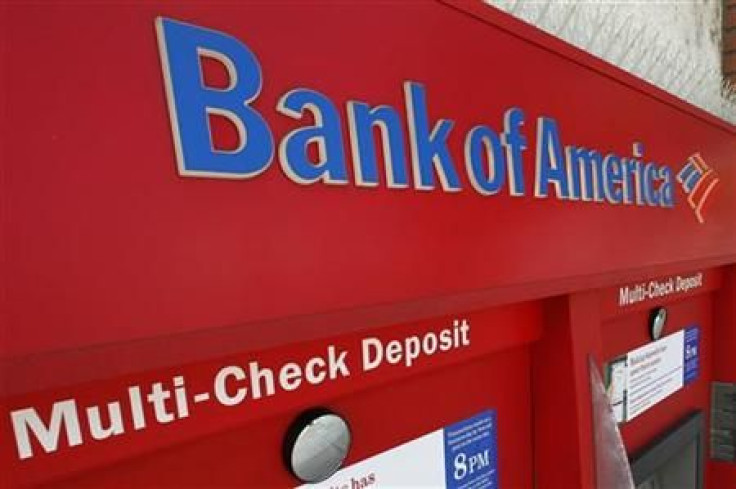Bank of America Charges Debit Card Fee: Time to Consider Credit Unions?

Starting in early 2012, Bank of America will charge a $5 monthly fee for debit card usage. The fees will be assessed on a month-to-month basis, will not be triggered by ATM cash transactions and will not affect premium customer accounts.
Bank of America is responding to new financial regulations that will cap debit card fees it can charge merchants. To recoup the losses, it's charging customers instead.
Several other large banks are either testing debit card fees in select markets or already plan to officially introduce them.
For many Bank of America customers who are tired of growing fees from multiple avenues, however, the $5 debit card fee may be the last straw.
Some of them have decided to switch to credit unions.
We will be closing our account. I have no problem making a few phone calls to stop and switch our automatic payments. A credit union has been begging us to join them. And now we will. I hope this new $60-a-year fee was worth it to you, wrote one commenter on Bank of America's Facebook page.
Not interested [enough] in BOA's business practices to fee us to death. Time to look into a local credit union account, wrote another commenter.
The Seattle Post-Intelligencer reported that BECU, Washington state's largest credit union, claimed its branches were bustling the day after Bank of America announced its $5 debit card fee.
A BECU spokesperson said that while he couldn't be sure if the influx of people that day was directly influenced by Bank of America's fee announcement, the credit union has steadily gained members as customers left for-profit banks and their growing fees.
Over the last 12 months, for example, BECU membership grew by 18 percent.
Credit unions are non-profit organizations (exempt from federal income taxes) that are owned by their members (i.e., customers).
Their stated goal isn't to maximize shareholder profit; instead, it's to serve [their] members, according to the Credit Union National Association (CUNA).
Unlike most other financial institutions, credit unions do not issue stock or pay dividends to outside stockholders. Instead, earnings are returned to our members in the form of lower loan rates, higher interest on deposits and lower fees, stated CUNA.
Therefore, many experts and customers note that credit unions usually do not gouge customers with so-called deceptive and hidden fees.
Some drawbacks of credit unions are that they may not offer some of the fancy financial and investment products that bigger for-profit banks do.
However, many Bank of America customers with low-tiered accounts (i.e., those affected by the $5 debit card fee) will probably not be bothered by this.
Credit unions in the U.S. have formed the CO-OP network, a credit union-only ATM network, which boasts free access to 28,000 ATMs nationwide.
These ATMS may be difficult to locate when one is traveling, but credit union members can find them using this online locator.
© Copyright IBTimes 2024. All rights reserved.











